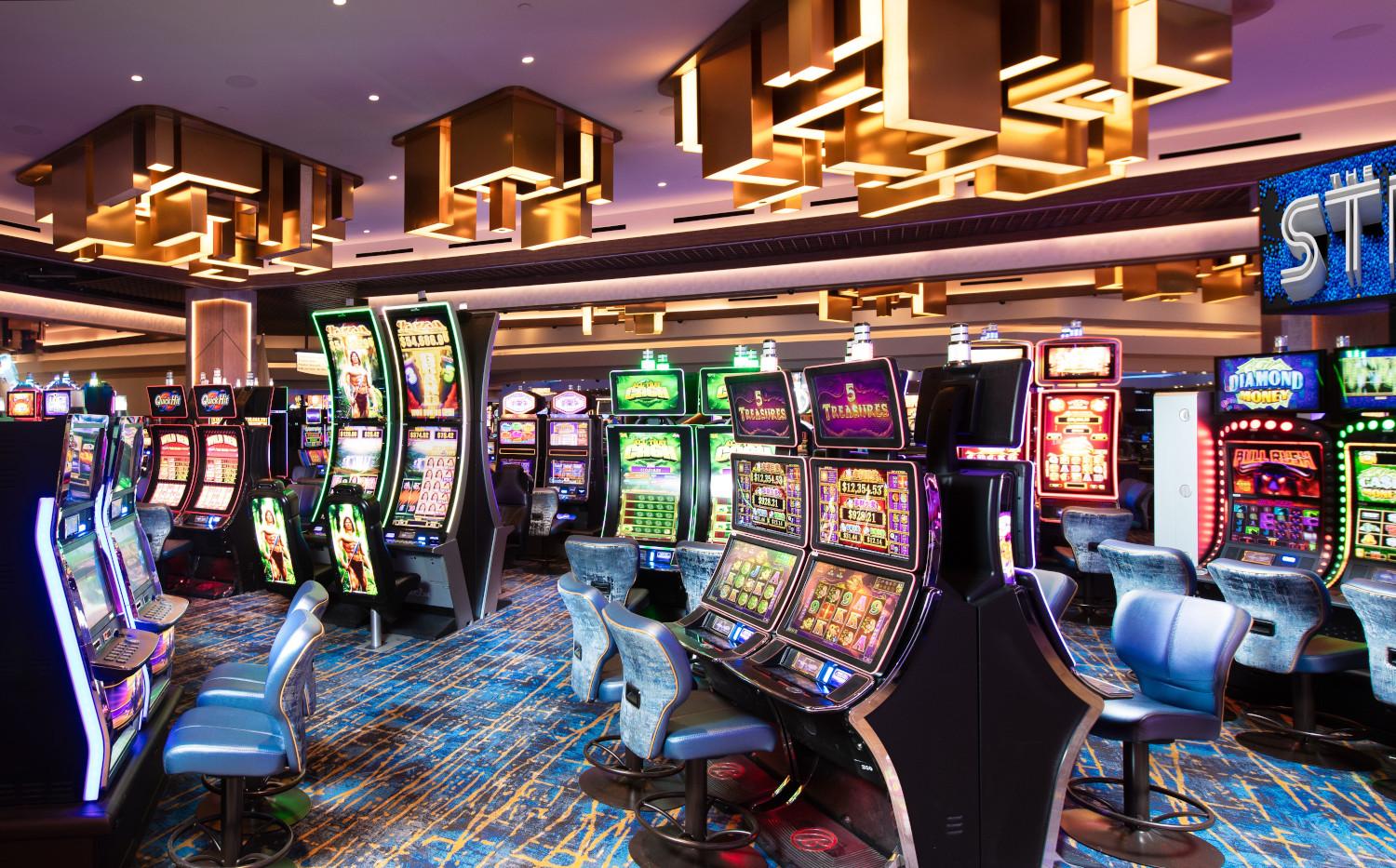The Psychological Science Behind Gambling Casino Gaming: Why We Play

nbsp; หวยออนไลน์.
As you step into a casino, you 39;re enclosed by flash lights and the hum of exhilaration. But what draws you to the slot machines or the fire hook table? It 39;s not just the forebode of winning ndash; it 39;s the intricate mix of emotions, social pressures, and psychological feature biases that mold your decisions. You 39;re impelled by the vibrate of precariousness, the rush of Dopastat with each spin or bet, and the want to beat the odds. But what 39;s really driving your demeanour, and how can you take control of your actions? The answer lies in sympathy the complex psychological science behind casino gaming.
The Thrill of Uncertainty
Casino play 39;s draw lies in its power to suggest a potent mix of emotions, and your mind 39;s reply to uncertainness plays a substantial role in that allure. When you 39;re seance at a slot machine or a poker shelve, your mind is perpetually trying to previse the result.
The precariousness of the game triggers the free of dopamine, a neurotransmitter that 39;s associated with pleasance and excitement. This prevision creates a feel of tension that keeps you busy and impelled to carry on playing.
The uncertainty of casino games also activates the head 39;s pay back system of rules, releasing feel-good chemicals like dopamine and endorphins. This reply is often referred to as the quot;thrill of precariousness. quot;
Your nous is pumped to respond to patterns and predictability, and when you 39;re moon-faced with precariousness, it can be both thrilling and unsettling. This mix of emotions keeps you sexual climax back for more, as your mind tries to make sense of the sporadic outcomes.
Emotional Highs and Lows
As you ride the rollercoaster of emotions at a gambling casino, highs and lows are constantly tangled. You undergo an vivid rush of excitement and when you win, which can lead to feelings of invincibility and an magnified desire to uphold acting.
On the other hand, a losing streak can lead you feeling flat, troubled, and to recoup your losings.
These feeling swings are fueled by the release of neurotransmitters like dopamine and adrenaline, which are associated with pleasure and excitement. When you win, your mind receives a tide of these chemicals, reinforcing the conduct and motivation you to preserve playacting.
Conversely, a string of losses can lead to feelings of thwarting and letdown, which can cause you to make spontaneous decisions in an attempt to fall apart the mottle.
It 39;s requirement to recognise these emotional patterns and instruct to finagle them in effect. By being witting of your feeling state, you can make more au courant decisions and keep off chasing losings or getting caught up in the exhilaration of successful.
Social Pressure and Influence
Your feeling state isn 39;t the only factor out influencing your decisions at a casino; the populate around you can also play a considerable role. The exhilaration and vim of the push can be infective, you into the game and making you feel like you 39;re part of something big.
You might feel forc from friends or family members to join in or keep performin, even if you 39;re on a losing streak. This sociable pressure can overthrow your better sagacity and lead to impulsive decisions.
Casinos often boost social interaction by placing games in high-traffic areas and design them to be common.
You might walk out up conversations with dude players, share-out in their wins and losses. This comradery can produce a feel of belonging, making you more likely to take risks and bet more than you normally would.
Additionally, the front of others can perturb you from your own -making work on, leading to heedless demeanor.
Cognitive Biases at Play
Mental shortcuts and blemished abstract thought patterns can drastically affect your -making at a casino. These cognitive biases often lead to irrational choices that put you at a disfavor.
For example, the gamblers 39; false belief makes you believe that a random is more likely to materialize because it hasn 39;t happened fresh. You 39;ll see this when people bet on red at roulette because melanize has come up several times in a row, mentation that red is quot;due quot; for a win.
Another bias is the hot hand false belief, which makes you overvalue the grandness of a winning blotch. You 39;ll think you 39;re on a roll, and your luck will carry on, so you 39;ll keep dissipated more, even though each spin is an mugwump .
Availability heuristic rule is also green, where you overvalue the likelihood of an because it 39;s easily remembered. You might recall a champion 39;s big win and think that you can retroflex it, even though the odds are low.
Recognizing these biases can help you make more wise decisions and educate a better position towards casino games. By being witting of them, you can avoid qualification expensive mistakes at the tables.
Dopamine and Reward System
Dopamine unfreeze is a powerful motivator that drives your behavior at casinos. When you 39;re acting games like slots or stove poker, your head is perpetually releasing dopamine, a neurotransmitter associated with pleasure and pay back. This can make a tactile sensation of euphory, qualification you more likely to preserve playacting in pursuance of that next rush.
Casinos take vantage of this by designing games that supply patronize, irregular rewards, triggering the unfreeze of dopamine and retention you busy.
As you win or undergo near-misses, your brain starts to link up the gambling casino with pleasance and excitement.
This connection can lead to a conditioned reply, where you take up to starve the tactual sensation of victorious and the environment that comes with it. The intermittent rewards agenda, where you win at times but not systematically, keeps you climax back for more.
This can lead to a vicious , where you 39;re chasing the next win, even if it 39;s not in your best financial matter to.
Conclusion
You now understand the psychology behind gambling casino play, a mix of cognitive biases, emotional highs and lows, and mixer squeeze. Recognizing these factors can help you educate a fitter attitude towards casino games. By being witting of the tickle of uncertainness, feeling swings, and social mold, you can make educated decisions and keep off spontaneous choices. This self-awareness is key to navigating the gambling casino and maintaining control over your play see.
